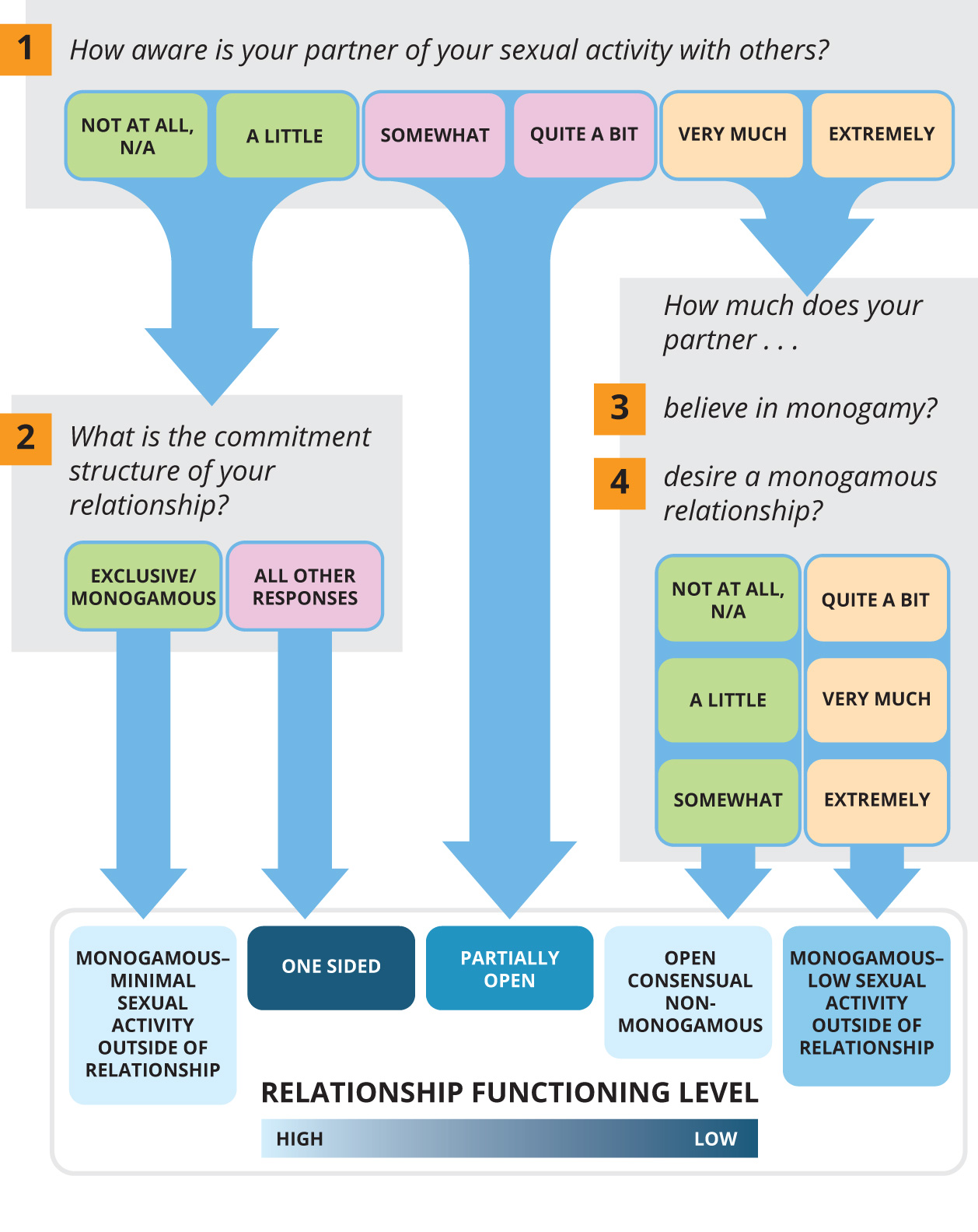
WEIGHT: 60 kg
Breast: SUPER
1 HOUR:100$
NIGHT: +60$
Services: Domination (giving), Striptease amateur, Swinging, Sub Games, Domination (giving)
ENM can take many forms, but consent and communication are key. Ariane Resnick, CNC is a mental health writer, certified nutritionist, and wellness author who advocates for accessibility and inclusivity. Emily Swaim is a board-certified science editor who has worked with top digital publishing brands like Voices for Biodiversity, Study.
Ethical non-monogamy ENM is the practice of taking part in romantic relationships that are not completely exclusive between two people. Unlike some forms of non-monogamy, ENM is considered "ethical" because it involves open communication and consent. Though most couples in our society are monogamous, meaning that once partnered with one another, they do not have romantic or sexual relationships with anyone else, about one in five people engage in non-monogamous relationships at some point in their lives.

Such relationships are described as "ethical" because they focus on consent and communication. Keep reading to learn more about the types of non-monogamous relationships, why people choose them, and how to practice them in a way that is safe and fulfilling for everyone involved. So, what exactly does ENM mean in practice? How do people go about engaging in such relationships?
There are numerous ways to practice ethical non-monogamy, all of which involve open and honest communication between all parties involved.

Although it is the cultural norm to conduct romantic relationships in monogamous way, many forms of non-monogamy have grown in practice in recent years. For example, such relationships may involve non-hierarchical relationship dynamics. That means they center on a primary couple, a primary relationship with one person engaging in other relationships, or both parties doing so.

































